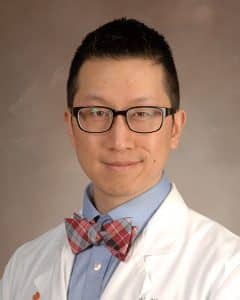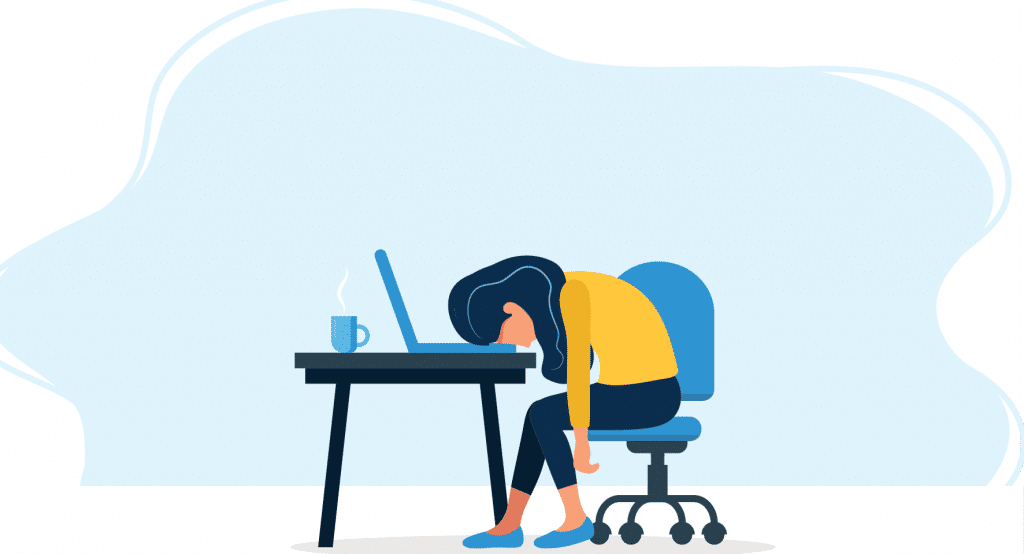Sleep is an essential part of our lives. It allows our bodies to recharge and heal both physically and mentally. It helps our brains work properly and enhances our ability to make better decisions, be creative, and improve our quality of life. A majority of people in the U.S. follow a morning and evening routine. It feels comfortable, predictable, and familiar. When something out of our control changes this pattern, such as the COVID-19 pandemic or a time change, it can affect each of us differently based on several factors, such as our occupation, age, or underlying health issues. Justin L. Wong, MD, a sleep medicine specialist with UT Physicians and assistant professor at McGovern Medical School at UTHealth Houston, shares his expertise and some of the best ways to ensure you get enough sleep.

Why is this happening?
When a time change occurs, like the end of daylight saving time, or we experience a stressful time period such as the COVID-19 pandemic, it impacts the amount of sleep we normally get. Social distancing, economic stress, fear of being infected, and uncertainty about the future have changed our daily routines, how we interact with each other, and what we do to release stress, relax, and recharge.
“Sleep problems can be associated with higher levels of psychological stress,” said Wong. “This can have a major impact on our natural clock.”
What happens when our natural clock is interrupted?
Our internal body clock, also known as the circadian rhythm, controls our sleep/wake cycles. Getting less sleep affects alertness, memory, and reflexes. It can affect your work or school performance, mood, and even chronic medical conditions. Correlating data also shows an increase in traffic accidents and a negative effect on student test scores.
“For most adults, scientific research shows the impact of time change is not severe or sustained because it only happens twice a year, but we do know short-term disturbances in sleep do decrease quality of life temporarily,” said Wong. “The COVID-19 pandemic has contributed to a higher number of insomnia cases, particularly because the interference from the pandemic happens over and over.”
Who is affected the most?
Any stressful event can impact your ability to get enough sleep. While most people can adapt to changes in their normal routine, younger children and those with sleep disorders, insomnia, mood disorders, or cognitive dysfunctions are not able to adjust as easily. People with more consistent schedules or who have a stronger social support network can usually adjust easily.
“Increased stress and lack of sleep can amplify mood swings, irritability, insomnia, or sleepiness, depending on a person’s baseline sleep health, and the very young and very old may already have poor sleep,” said Wong.
What can you do to get enough sleep?
Short occurrences of sleep disturbances or insomnia are normal and are often a reaction to major life events, changes to daily routines, and stressful situations. The goal is to prevent it from becoming a chronic problem.
Some strategies to manage your sleep cycle:
- Make sleep a priority and get seven to eight hours of sleep a night
- Keep a regular schedule for work, meals, sleep, social engagements, and chores
- Avoid using electronics in the bed or bedroom before going to sleep
- Allow at least one hour to unwind
- Try to get up at the same time every morning
- Prepare in advance for events that may impact your day and night routines
Wong also recommends adjusting your environment, such as lighting, sound, and temperature, to help you fall asleep more easily.
Medication is often not necessary to adjust to the time change or acute bouts of insomnia. And, if you’re tempted to drink a glass of warm milk before bed, be aware that waking up to use the restroom can disturb sleep, as well.
Dr. Justin Wong is a pulmonary and sleep medicine specialist. He sees patients for pulmonary and sleep disorders at UT Physicians Multispecialty – Sienna.



